1. Jurassic Park Could Become Reality
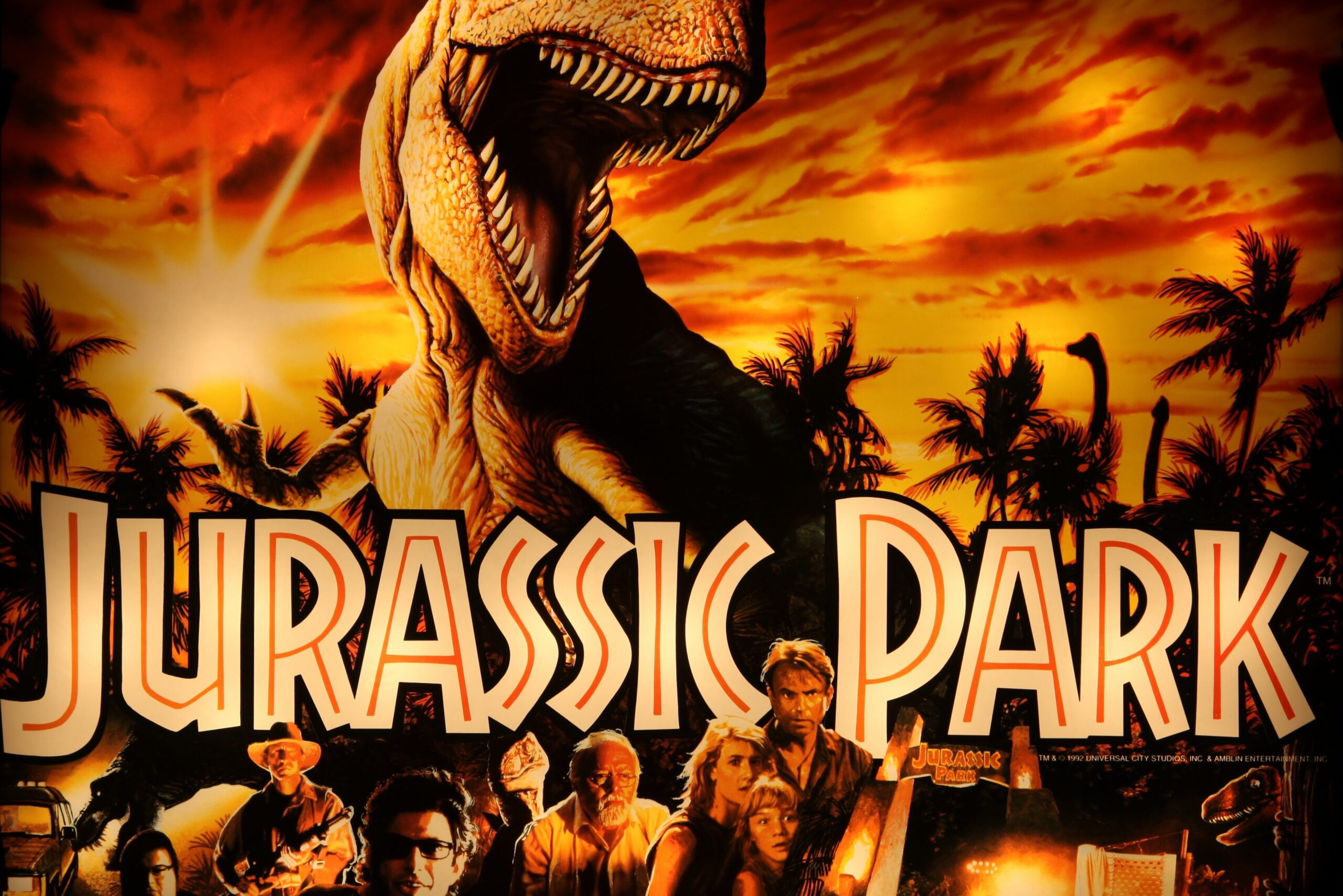
Jurassic Park was only a movie, but what if it wasn’t? Science is already flirting with de-extinction, using cloning and genetic modification to revive ancient species. While a real T. rex hatchling is still a dream, birds share enough DNA with dinosaurs to make the idea feel possible. If humanity ever succeeded, it would change the world completely. The wonder of seeing prehistoric creatures alive would be matched by the terror of controlling them. Curiosity might drive the first experiment, but once the gates opened, there would be no turning back. It would be a breathtaking, unpredictable new reality for everyone.
2. Ecosystems Would Collapse Overnight
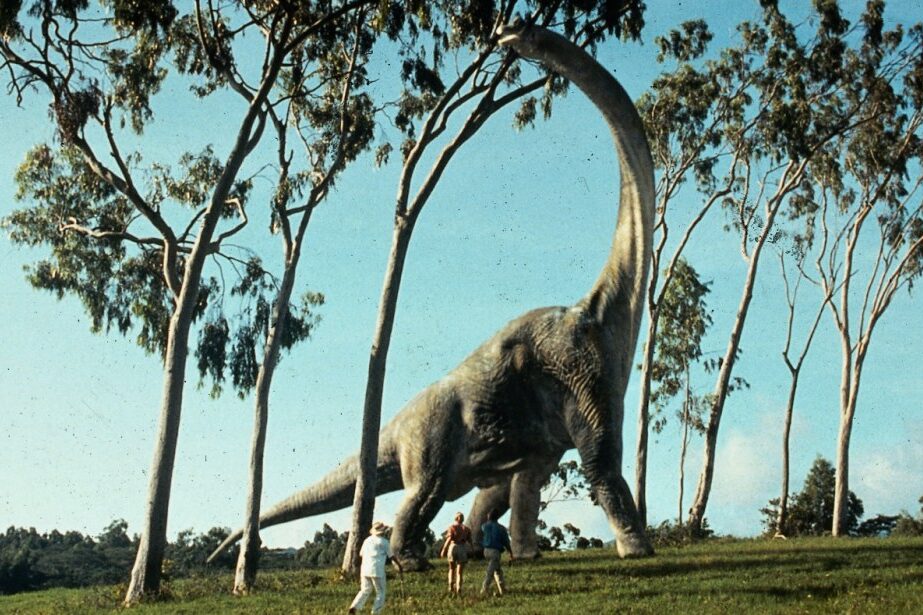
The return of dinosaurs would throw nature into chaos. Modern ecosystems evolved without massive predators or plant-eaters the size of buses. Lions, elephants, and bears would struggle to survive as ancient giants took over. Forests would be flattened, rivers rerouted, and grasslands stripped bare. Even insects and birds could disappear under the ripple effect. Scientists might try to contain the chaos, but nature’s balance would be beyond repair. Every continent would change overnight, forcing humanity to decide which creatures to save and which to sacrifice. In the end, we might realize the true cost of tampering with evolution’s careful design.
3. Farms Would Be Destroyed
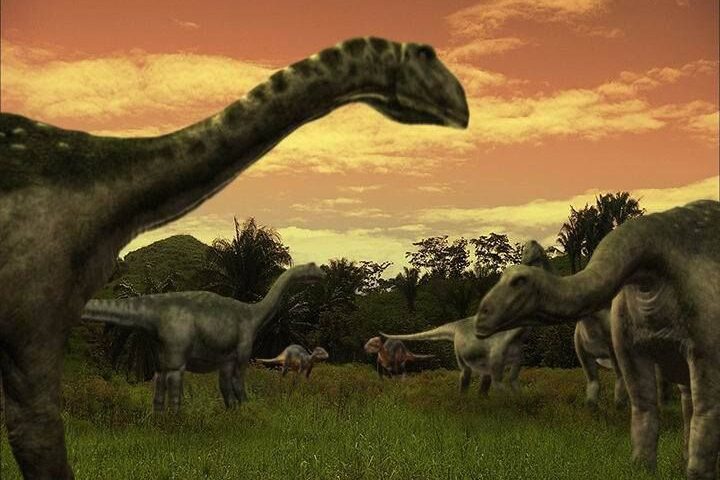
Imagine waking up to find a herd of sauropods grazing through cornfields or raptors hunting in barns. Dinosaurs would treat farmland as their personal buffet, leaving nothing behind but ruin. Crops, livestock, and machinery would be destroyed within hours. Farmers would need walls taller than skyscrapers or technology strong enough to keep creatures out. Food shortages would spread quickly, changing how people eat and live. Scientists might try creating synthetic food or indoor farms to survive. The simple idea of planting seeds and harvesting crops would become impossible, reminding us that progress can also erase the everyday things we depend on.
4. Cities Would Go into Lockdown
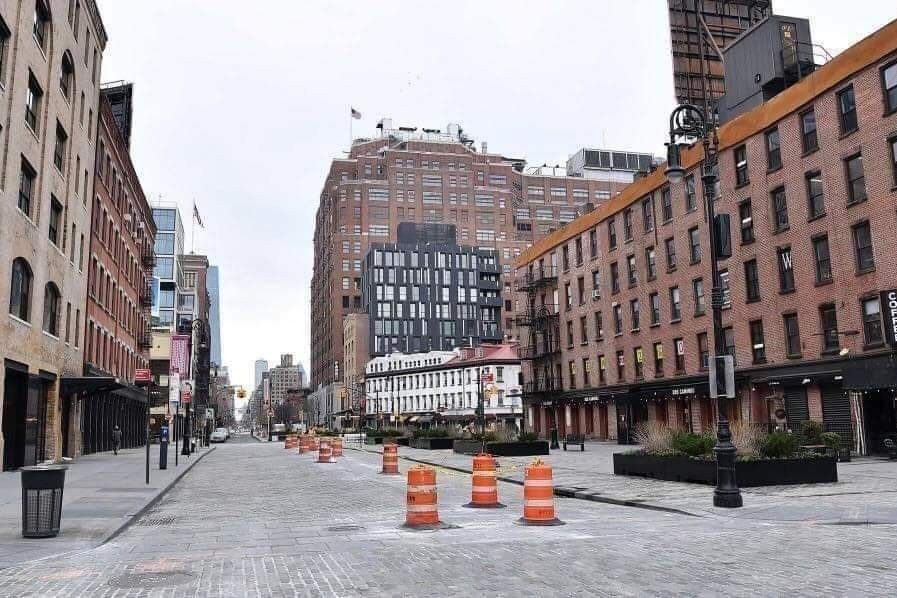
Cities were built for cars, not carnivores. A T. rex wandering into Los Angeles or New York would trigger total lockdowns. Sirens would blare, soldiers would flood the streets, and people would hide wherever they could. Public transport would shut down, and skyscrapers might become makeshift shelters. Panic would spread faster than any dinosaur, testing human unity and preparedness. Governments would declare emergencies while trying to contain the chaos. It would reveal how fragile modern civilization truly is, built on order that could crumble in a single moment. The world would learn that nature, once unleashed, is almost impossible to control.
5. The Military Would Weaponize Dinosaurs
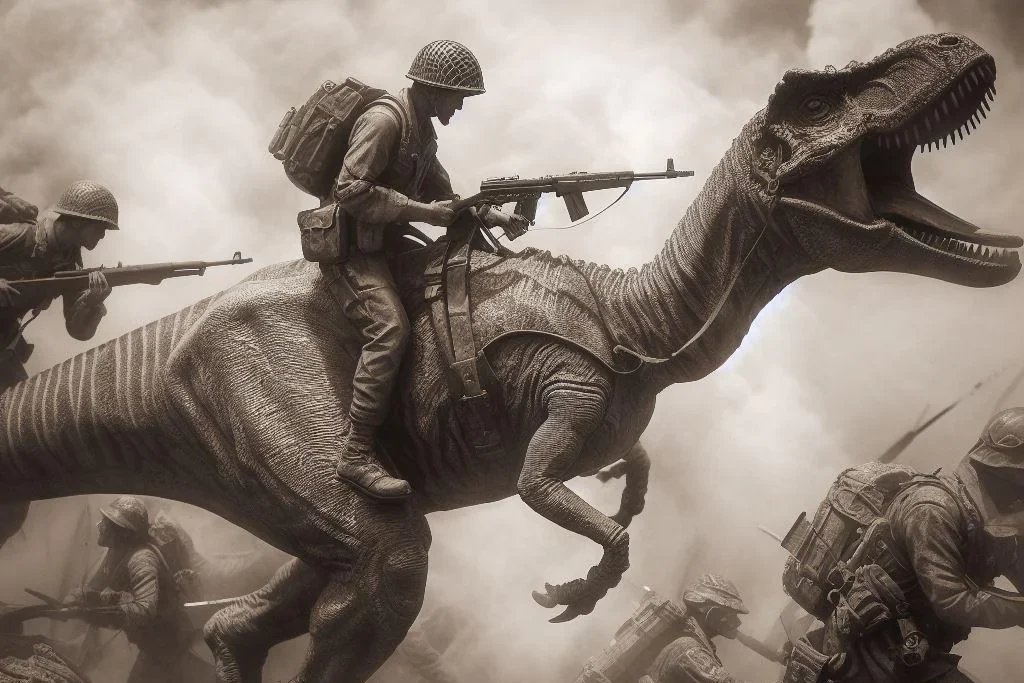
It wouldn’t take long for governments to see potential in using dinosaurs for warfare. They would try capturing and training them, seeing raptors as fast attackers or ankylosaurs as living tanks. Military research would explode, with countries racing to control prehistoric power. Ethical debates would fade under the pressure of global competition. Instead of ending wars, dinosaurs could create new kinds of conflict, fought with teeth and technology. The line between defense and destruction would blur as humanity discovered just how far it is willing to go to survive. Once dinosaurs entered the battlefield, there would be no going back.
6. Tourism Would Explode

Even with danger everywhere, curiosity would win. People would pay fortunes to see living dinosaurs in person. Safari companies would build armored vehicles, and resorts would rise near dinosaur zones. Drone footage of herds running across plains would flood the internet, drawing millions of views daily. Scientists and adventurers alike would race to capture the most breathtaking images. While many would fear these creatures, others would risk everything to get close. Tourism would thrive on wonder and fear, proving that humanity’s fascination with danger never fades. In the end, dinosaurs might become both our greatest attraction and our biggest regret.
7. Cloning Labs Would Compete
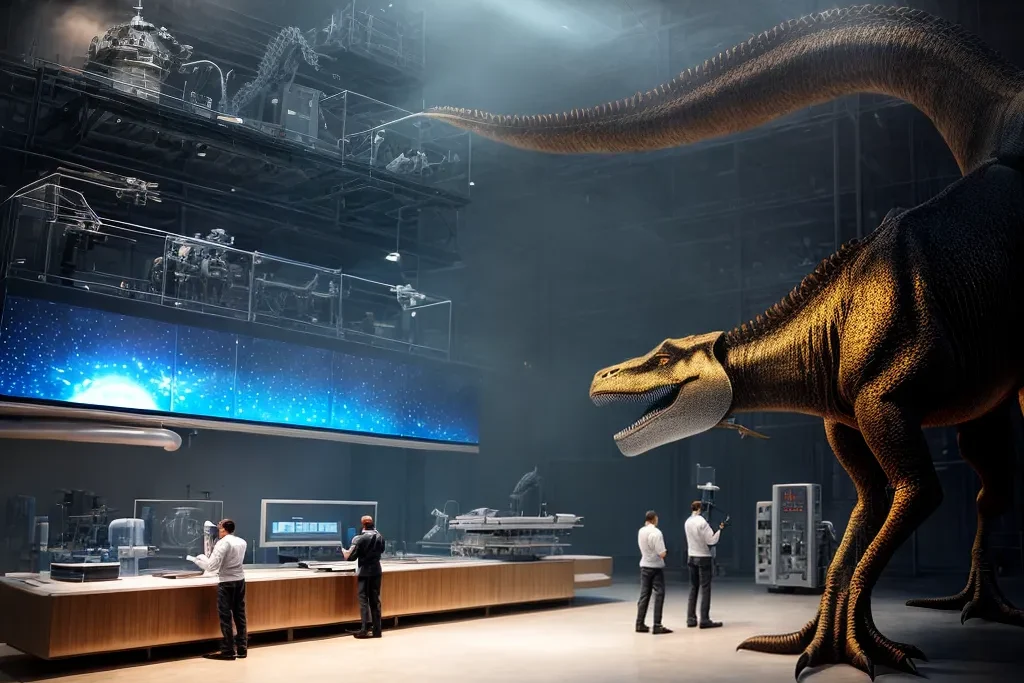
Once one lab succeeded in reviving a dinosaur, dozens more would follow. Corporations, universities, and billionaires would pour money into genetic research. Some would aim for scientific discovery, while others would chase fame or profit. Rival labs might even engineer new versions of dinosaurs designed for entertainment or defense. The world would enter a new era of biological competition, where innovation and morality constantly clashed. Public outrage would rise, but curiosity and greed would keep the projects alive. Soon, controlling life itself would become a business, and the difference between scientist and creator would begin to disappear completely.
8. Dinosaurs Would Invade the Oceans
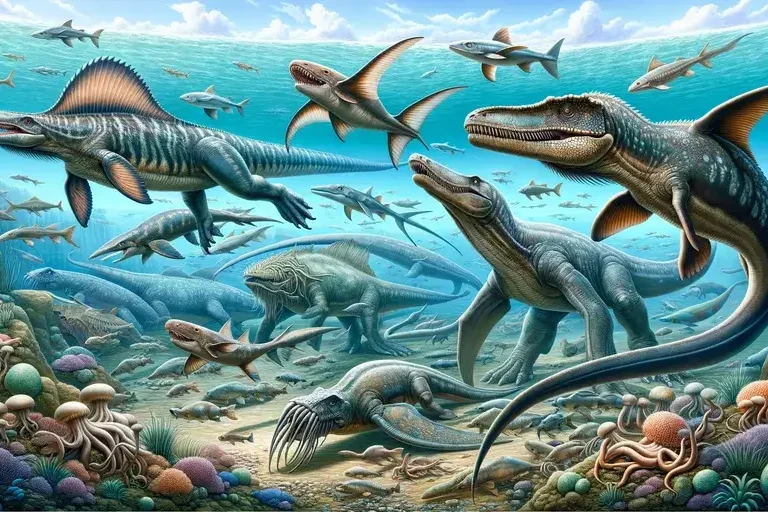
If marine reptiles returned, the oceans would never feel safe again. Mosasaurs could devour fishing boats, while plesiosaurs might lurk beneath cargo ships. Global trade routes would shift, and entire fishing industries could collapse overnight. Tourism would decline in coastal towns, and fear would spread through seaside communities. Humanity’s long relationship with the ocean would change forever. Scientists might try to contain these giants with sonar barriers or underwater enclosures, but the sea has never been easy to tame. For the first time in centuries, humans would no longer be the masters of Earth’s waters. The ocean would belong elsewhere.
9. Climate Would Be Affected
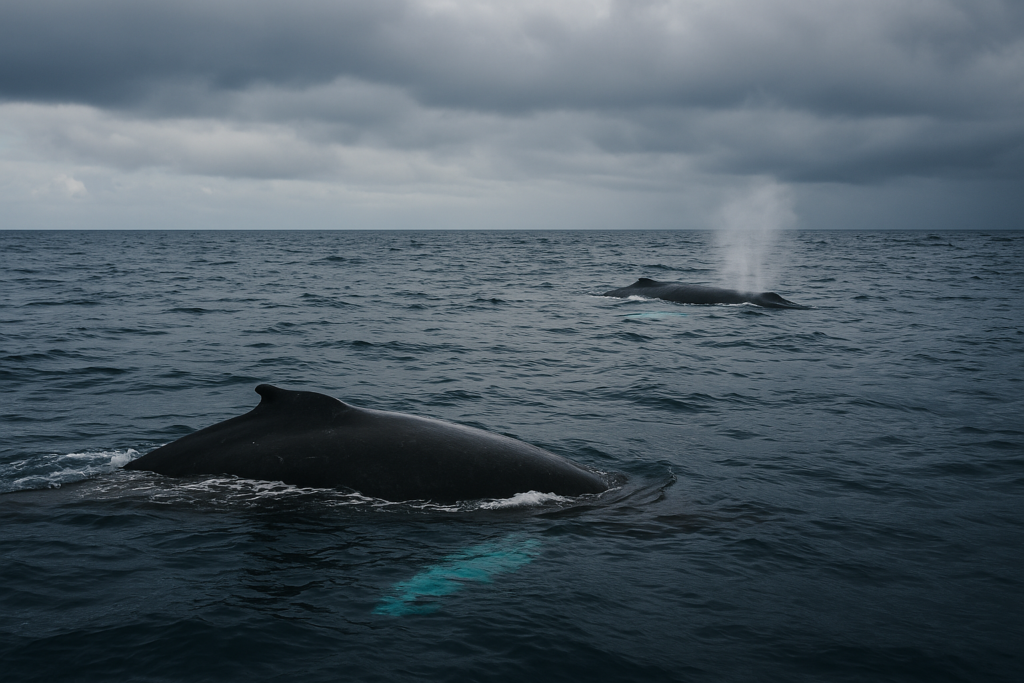
Dinosaurs eat, breathe, and move on a scale that would reshape the planet. Massive herds would release methane, altering the atmosphere and speeding up climate shifts. Vegetation would disappear in some regions and thrive uncontrollably in others. Rivers and plains would change course as creatures trampled the land. Scientists might scramble to measure the impact, realizing too late that nature’s balance had already shifted. The return of dinosaurs could mirror the rise of industrial pollution, another moment when humanity’s actions reshaped Earth’s fate. The planet would once again adapt, but this time, it might not include us in the process.
10. Zoos Would Become Dinoparks
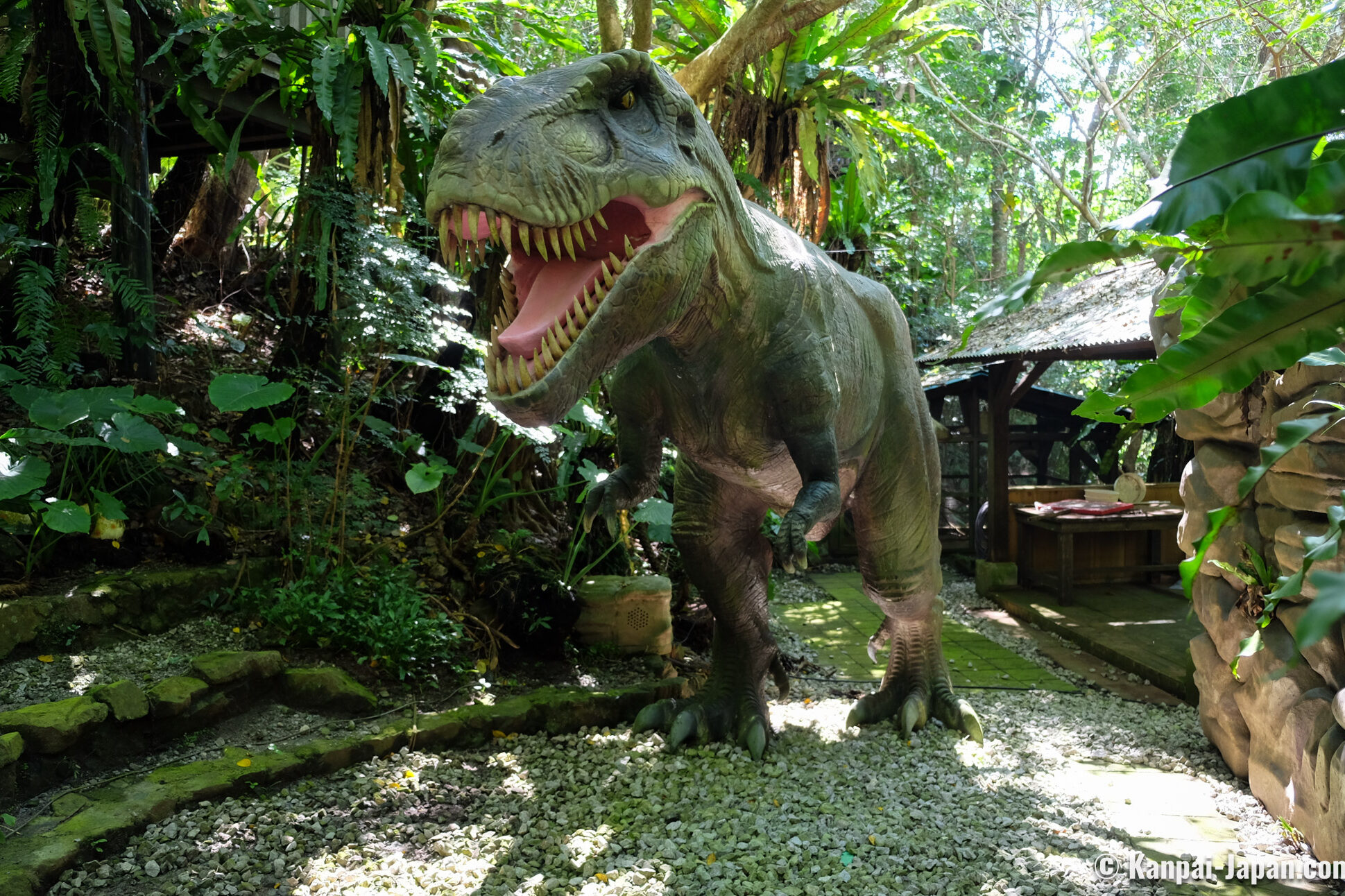
Traditional zoos would close or evolve into massive high-security Dinoparks. These parks would span miles, filled with electric fences and observation towers. Families would visit to see living triceratops or pterosaurs soaring overhead. Education and entertainment would blend, turning wildlife into an unforgettable spectacle. Tickets would cost fortunes, yet people would still line up for hours. Scientists would use these parks for study, but investors would see them as goldmines. Dinosaurs would become the new face of conservation, even as their existence threatened everything else. Humanity’s need to contain and control nature would become more visible than ever before.
11. New Diseases Could Spread

Dinosaurs might carry ancient bacteria or parasites unknown to modern medicine. A single infection could cause chaos before doctors even identified it. Scientists would rush to develop treatments while quarantines spread worldwide. The idea of a prehistoric flu or parasite entering the food chain would terrify everyone. Hospitals would overflow, and biosecurity laws would tighten. Humanity would learn that reviving extinct creatures also revives their unseen dangers. Even if the dinosaurs themselves didn’t destroy us, the microscopic world they brought along could. It would be a stark reminder that nature hides its power in both the giant and the invisible.
12. Hollywood Would Exploit It Immediately
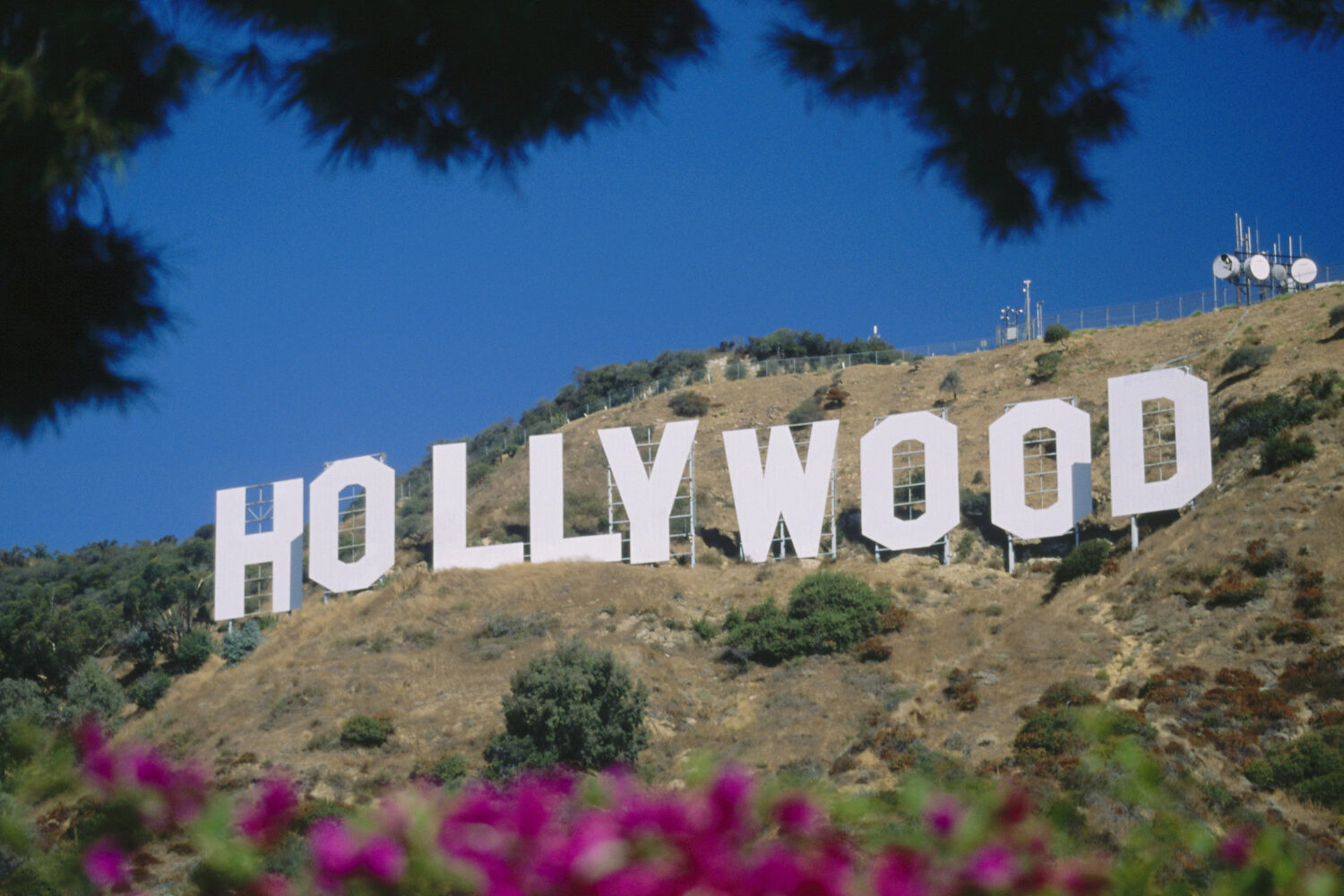
The entertainment industry would explode with new inspiration. Studios would create movies, documentaries, and virtual experiences centered on living dinosaurs. Actors would compete for roles in the next big prehistoric adventure, and fans would flood theaters. Streaming platforms would battle for rights to real dinosaur footage. Museums would host live broadcasts from research parks. Pop culture would once again turn science into spectacle, making the extraordinary feel familiar. Humanity’s obsession with storytelling would grow stronger, proving that we can turn even the most terrifying reality into entertainment. The silver screen would finally merge with real life in breathtaking fashion.
13. Energy Demands Would Skyrocket

Keeping dinosaurs contained would require unimaginable amounts of energy. Fences, lighting, temperature controls, and tranquilizer systems would run nonstop. Power grids would struggle to keep up as new facilities demanded more electricity. Countries might invest heavily in renewable sources just to meet the need. Engineers would develop stronger materials and smarter systems to handle the challenge. The cost of maintaining safety would rise daily, changing how the world viewed energy consumption. Humanity would find itself torn between fascination and survival, building an entire industry around creatures that shouldn’t exist. The age of dinosaurs would also become the age of power.
14. Black Markets Would Thrive
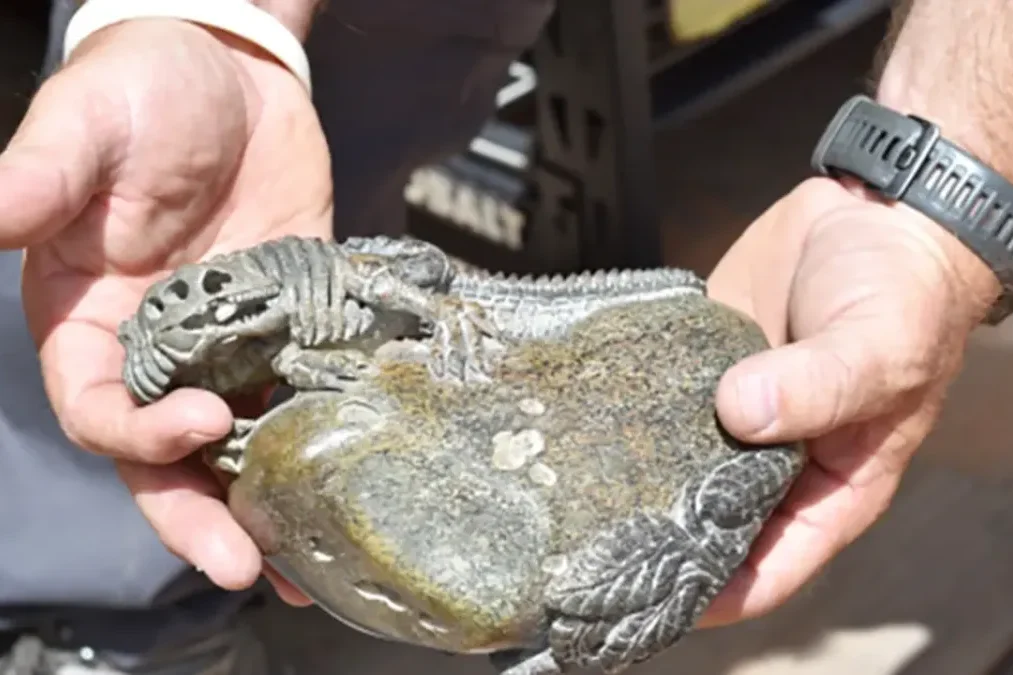
Wherever rarity exists, greed follows. The illegal trade of dinosaur eggs, teeth, and hides would explode across borders. Smugglers would risk their lives, while collectors paid millions for forbidden trophies. Entire criminal networks would form around capturing or cloning dinosaurs. Governments would crack down, but corruption would make enforcement nearly impossible. Scientists might lose valuable specimens to theft or sabotage. The black market would thrive in the shadows, turning prehistoric creatures into currency. Once again, humanity’s hunger for ownership would outweigh its respect for life. Dinosaurs would become both a scientific marvel and a criminal empire waiting to unfold.
15. Religious and Cultural Shifts
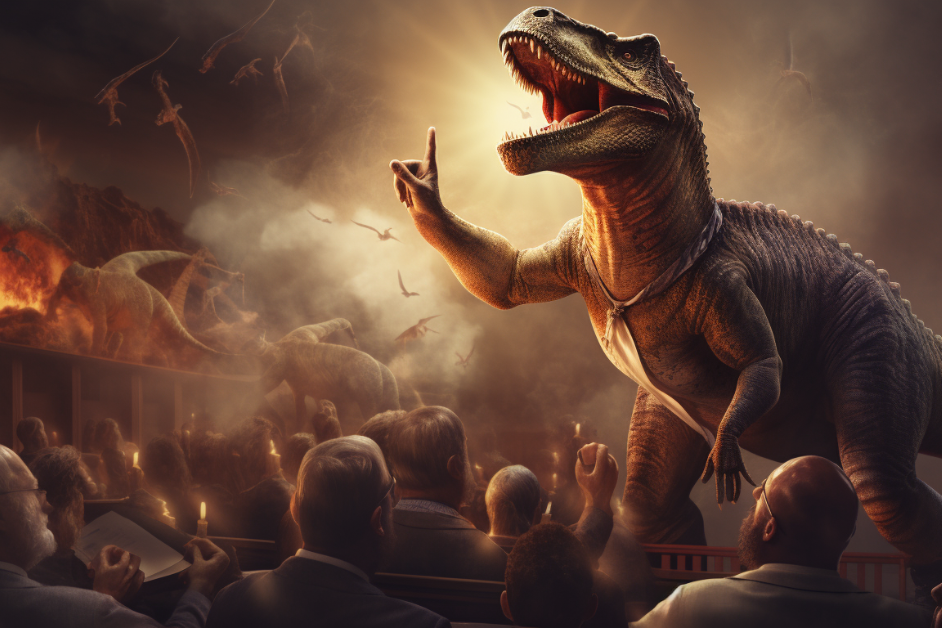
The return of dinosaurs would shake humanity’s deepest beliefs. Some would see them as proof of divine power, others as evidence of scientific arrogance. Religious leaders and scholars would debate what it means for creation and evolution. Cultural movements might rise around these creatures, turning them into symbols of rebirth or warning. Art, literature, and philosophy would all respond to the new reality. For the first time in centuries, faith and science would collide in living form. The presence of dinosaurs would remind humanity that no theory or belief system is safe from the surprises of nature’s mysterious timeline.
16. Extinctions Would Multiply
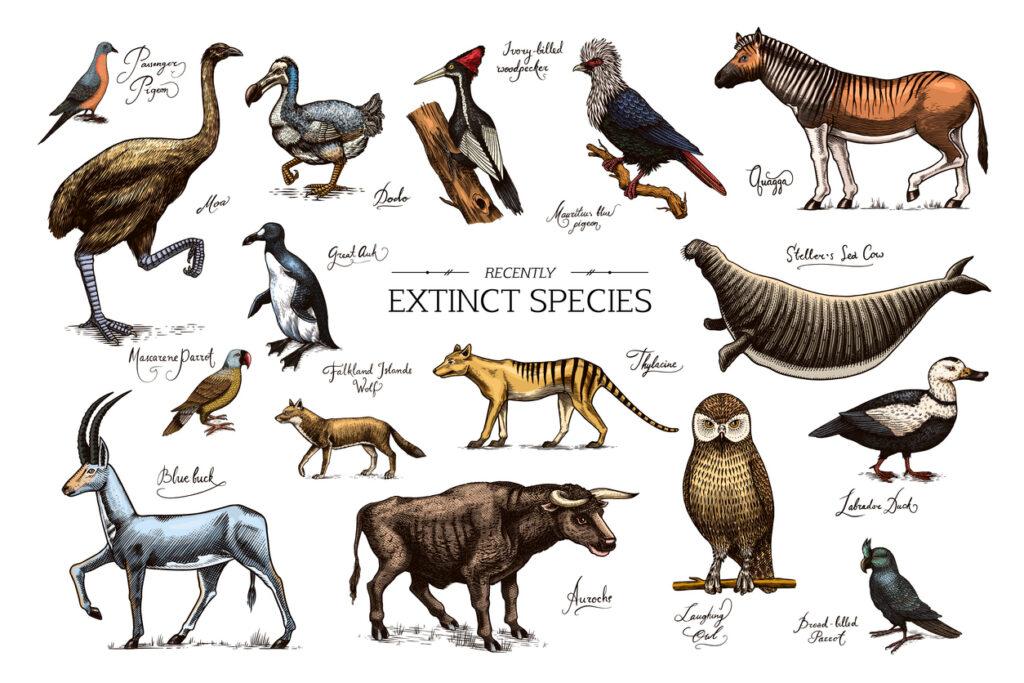
When ancient predators return, modern species disappear. Dinosaurs would wipe out countless animals that couldn’t compete for food or space. Birds, reptiles, and even mammals might vanish in years. Ecosystems would crumble, and the circle of life would redraw itself. Conservationists would try to protect endangered species, but the speed of change would outpace every effort. Humanity’s desire to revive the past would destroy the present, leaving behind a world both richer and emptier. It would prove that evolution never repeats itself kindly. In saving what once was, we might lose everything that makes the modern world beautiful and alive.
17. Technology Would Race Ahead

Innovation would become survival. New tranquilizers, tracking systems, and transport machines would emerge faster than ever. Scientists would design drones to monitor dinosaurs and AI to predict their movements. Engineers would build vehicles strong enough to withstand attacks. This sudden burst of invention would push technology forward by decades. Industries from medicine to robotics would benefit from the research. Humanity would adapt quickly, proving that fear often fuels progress. Yet, behind every breakthrough would be the reminder that we created our own challenge. The technology meant to protect us would become another way of managing the consequences of curiosity.
18. Dinosaurs Could Escape Control
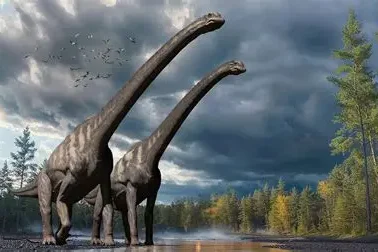
No system is perfect forever. A storm, a power outage, or a single mistake could set dinosaurs free. Once outside their enclosures, they would move faster than any containment plan. Panic would follow, and rescue teams would risk their lives to stop them. Some creatures might vanish into forests or deserts, starting new populations. The world would watch as fiction turned into terrifying reality. Governments might blame one another, but nature would care little for borders or rules. In the end, control would prove temporary. The dinosaurs’ return would remind us that some forces are simply too wild to manage.
19. Pets Would Get a Dinosaur Rival
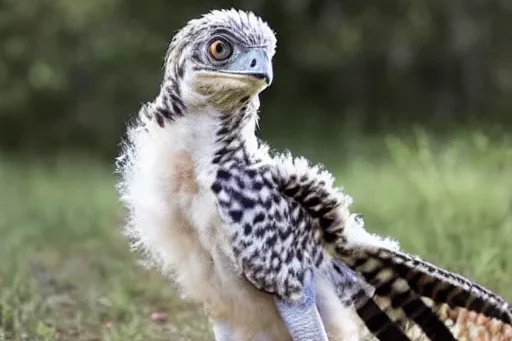
The love for pets would take a strange turn as people tried to domesticate small dinosaurs. Wealthy collectors would show off tiny compsognathus or feathered creatures in golden cages. Influencers would post viral videos, and exotic pet shops would boom overnight. But behind the fascination would come danger. These creatures, no matter how small, would have instincts impossible to train. Accidents and escapes would become common, sparking new laws and public outrage. Humanity’s desire for companionship would once again cross ethical lines. Dinosaurs might not just live among us; they would move into our homes, blurring the boundary between wonder and madness.
20. A Global Dino Economy Would Rise
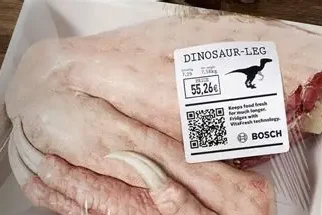
Entire industries would form around dinosaurs. From food production to security systems, every market would adapt. Some would suggest farming smaller dinosaurs for meat, while others would profit from tourism, research, or protection services. Nations with dino-rich lands would gain new power, reshaping trade and politics. The world would split between those who control dinosaurs and those who fear them. Economies would grow rapidly, but at an unpredictable cost. Humanity’s endless creativity would turn survival into business, and the creatures that once ruled the Earth would once again define it. In chasing progress, we might sell our peace of mind.
21. Humanity Might Not Survive the Experiment
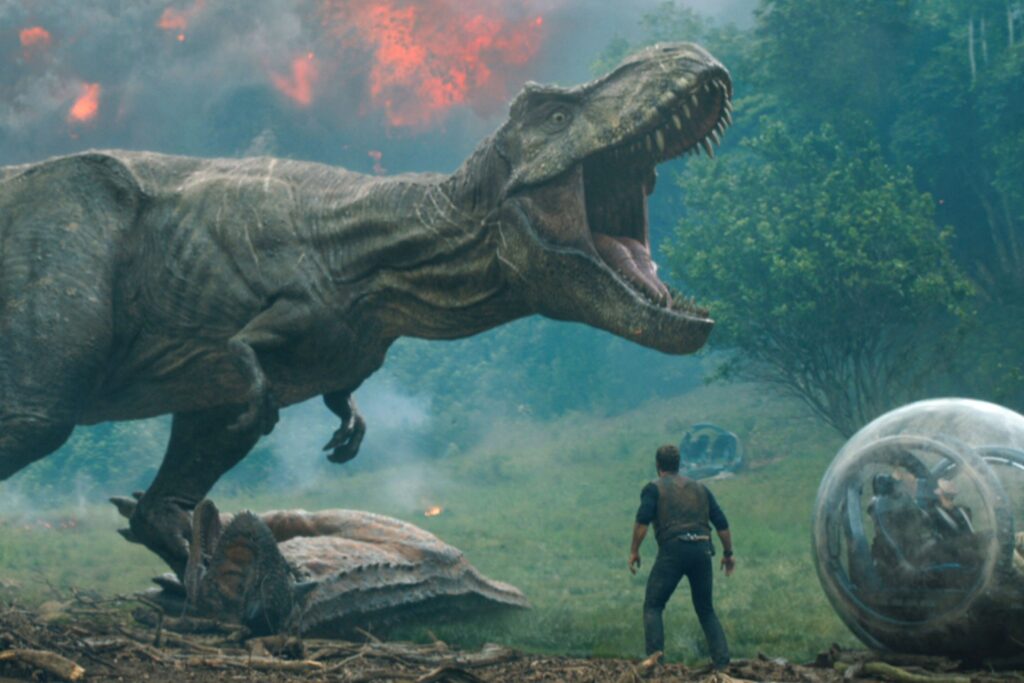
In the end, bringing dinosaurs back might be the biggest mistake in history. The dream of revival could become the beginning of collapse. Ecosystems, cities, and societies would struggle to adapt. Humans, no longer at the top of the food chain, might learn humility too late. What started as an act of discovery could end as a lesson in limits. Maybe extinction was nature’s way of saying goodbye for good. If dinosaurs came back, we might not survive long enough to enjoy the sight. Some experiments are meant to be imagined, not lived, and this one would prove exactly that.
This scenario is speculative, but it builds on real science: cloning, genetic engineering, and de-extinction projects already underway with mammoths and birds. Ecologists warn that reintroducing ancient megafauna would disrupt ecosystems, while the rest, dino tourism, militarization, black markets, comes from extending human behavior into this imagined future. One thing is certain: if dinosaurs came back today, they wouldn’t simply “fit in.” They would upend everything, our cities, our environment, and possibly our survival.
This story What If Dinosaurs Came Back Today? 21 Stunning Possibilities was first published on Daily FETCH


